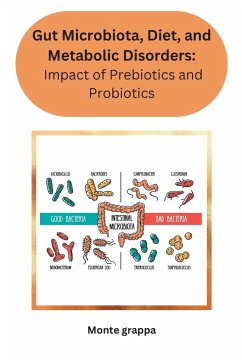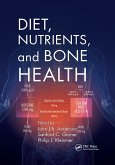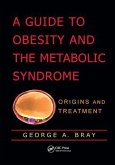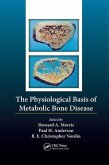The increasing global concern over obesity and metabolic disorders, along with their detrimental health consequences, has led to a growing recognition of the role played by the gut microbiota. Recent research has indicated that the dynamic and complex population of microbes residing in the gastrointestinal tract can contribute to the development of these conditions. With advancements in "next generation" DNA sequencing, our ability to study the microbial communities associated with the human body's habitats, particularly the gut microbiota, has significantly improved. Consequently, it has been discovered that the gut microbiota influences various aspects such as caloric intake, intestinal absorption, energy balance, and immune function. As a result, there is considerable interest in strategies aimed at modulating the microbiota to control obesity and metabolic disorders. Notably, certain dietary interventions, such as prebiotics and probiotics, have shown promising results in promoting weight loss in cases of diet-induced obesity or diabetes. Beyond energy extraction, the gut microbiota provides the host with additional benefits, including the synthesis of vitamins and a reduction in the low-grade chronic inflammation associated with obesity and metabolic disorders. Therefore, maintaining a healthy and diverse gut microbiota is crucial for the overall well-being of the host. Consequently, interventions targeting the gut microbiota, such as the use of pre- or probiotics or a combination of both (synbiotic treatment), may offer beneficial effects in individuals with microbial dysbiosis resulting from obesity or extreme dietary practices. These interventions could potentially contribute to weight loss and improve metabolic parameters (see Figure 1-1). To test the hypothesis that specific diets, prebiotics, and probiotics can modulate the gut microbiota by increasing the abundance of beneficial microbial species and T regulatory cells while decreasing inflammation-associated bacteria and IL-17 producing cell populations, studies have been conducted using both human obese subjects and mouse models. Additionally, the impact of these interventions on body composition and metabolic parameters in obesity has been assessed. To this end, three specific aims have been developed to investigate this hypothesis.








